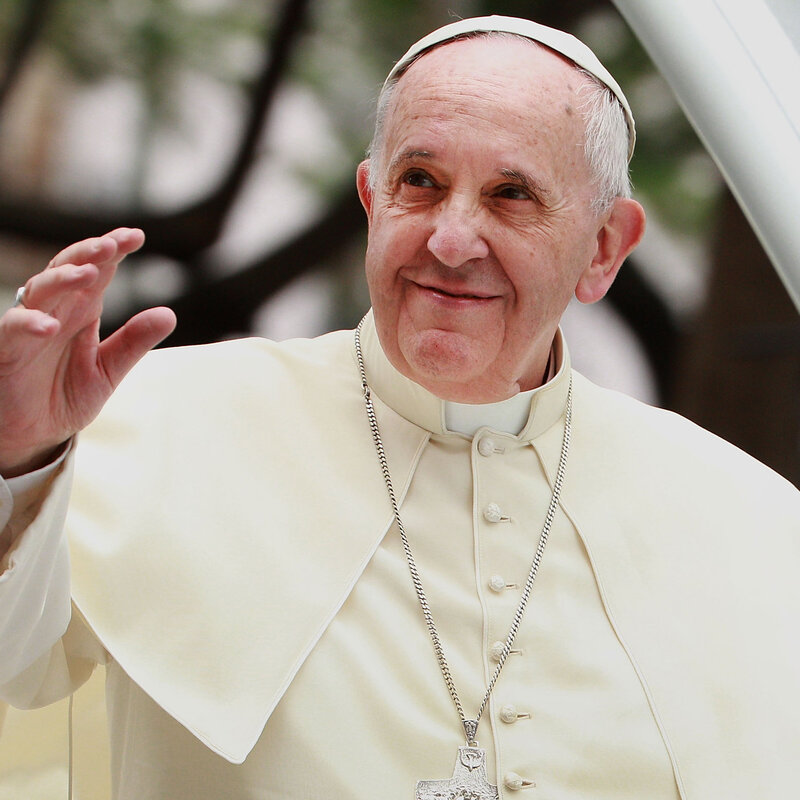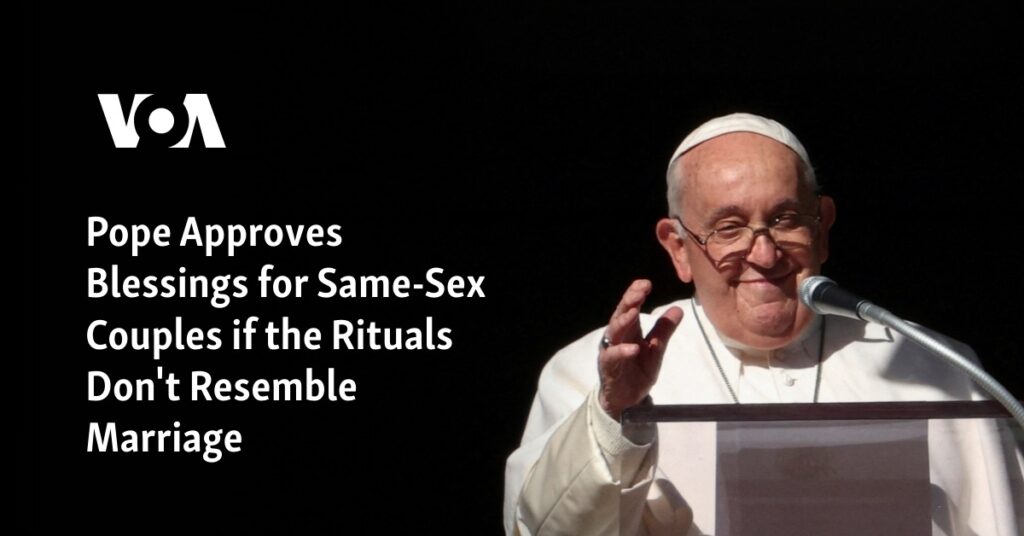The church has issued its most lenient ruling on same-sex marriages to date when Pope Francis officially approved Catholic priests to bless same-sex couples as long as they did not appear to support their union.
The statement, which was released on Monday in a new document titled “Fiducia Supplicans: On the Pastoral Meaning of Blessings,” represents a significant shift for the Vatican, which only two years prior had declared in a contentious 2021 ruling regarding same-sex couples that God “cannot bless sin.” Pope Francis gave his approval to the document on Monday.
However, the Vatican emphasized that a man and a woman can only be married, and priests who bless a same-sex couple are required to “avoid any form of confusion or scandal” that might imply otherwise.
A defining feature of Pope Francis’ 87-year pontificate has been his accommodation of LGBTQ Catholics. After taking the papacy in 2013, he has advocated for the decriminalization of homosexuality. “If someone is gay and he searches for the Lord and has good will, who am I to judge?” he famously said in response to a question about gay priests in 2013.
Is Pope Francis an activist against climate change?
THE DAY’S MAIN CHARACTER
Is Pope Francis an activist against climate change?
Rev. James Martin, an American Jesuit priest who has fought for the rights of the LGBTQ Catholic community, called Monday’s announcement a “major step forward” for the church in regards to LGBTQ people.
Martin posted the statement on the social media platform, saying it “recognizes the deep desire in many Catholic same-sex couples for God’s presence in their loving relationships.”


What the proclamation states regarding same-sex couples' blessings
The Vatican made a distinction in the document between blessings that are more casual and spontaneous and those that are referred to as “ritual and liturgical”.
“In an introduction to this Declaration, prefect Cardinal Victor Manuel Fernández stated that it remains steadfast in the Church’s traditional doctrine regarding marriage, prohibiting any kind of liturgical rite or blessing that can create confusion.”
“It is precisely in this context that one can understand the possibility of blessing couples in irregular situations and same-sex couples without officially validating their status or changing in any way the Church’s perennial teaching on marriage,” Fernández wrote in a letter.






































